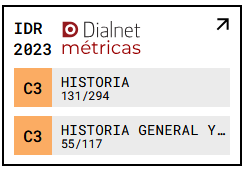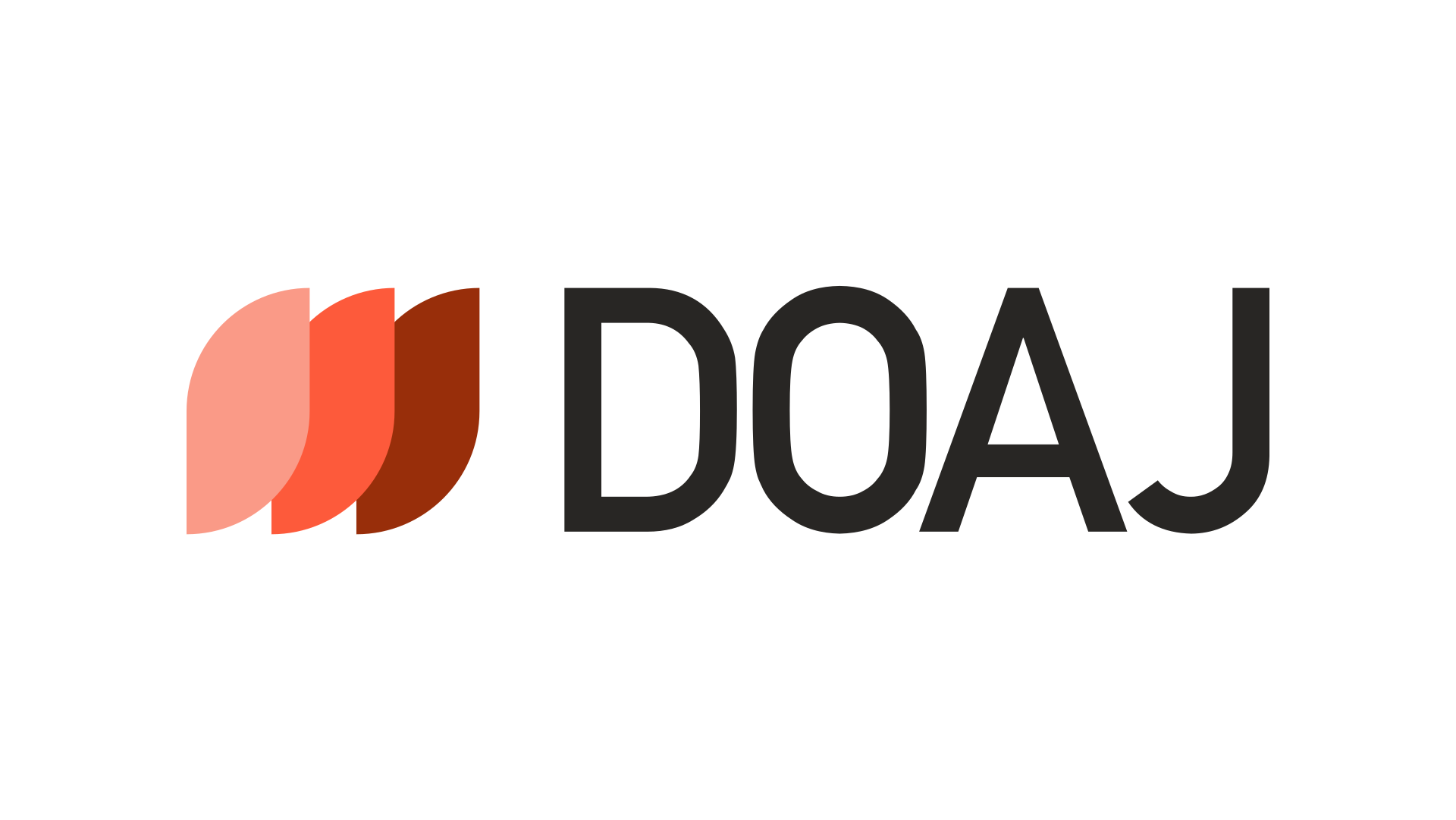Children postmodern: what is needed to better understand the postmodern? lyotard explain to children
DOI:
https://doi.org/10.18172/brocar.1575Keywords:
Modernity, postmodern, totalitarianism, legitimacy, training, philosophy,Abstract
Article gathered considerations about some letters that Jean-François Lyotard wrote about the postmodern debate in his book The postmodern explained to children, relating them to the arguments of the work postmodern condition to verify a possible defense rupture between modernity and postmodernity, such a meeting of the considerations contained in the letters, that J. F. Lyotard wrote, concerning the postmodern debate will show us that there is a considerable change of the rules of scientific discourse in postmodernity, compared to modernity, they only constituted more explicit. The paper also notes that J. F. Lyotard weighs in favor, not a break or simple succession of seasons, but says there is a new direction after the previous oneDownloads
References
CAMPELO, Alexandre Lopes. A condição pós-moderna, segundo Jean François Lyotard: continuidade ou ruptura? Dissertação de Mestrado, Rio de Janeiro: UFRJ/IFCS, 2006.
DOS SANTOS, Roberval de Jesus Leone. “Obsolescência da função do intelectual na modernidade”. Revista Estudos Avançados da Universidade de São Paulo, 16 (44), São Paulo, 2002.
LEVIN, Ira. Este mundo perfeito. Tradução Milton Persson; Rio de Janeiro – Editora Nova Fronteira, 1970.
LYOTARD, Jean-François. O pós-moderno explicado às crianças – correspondência 1982-1985. Tradução de Tereza Coelho. Lisboa, Publicações Dom Quixote, 2ª edição, 1993.
LYOTARD, Jean-François. O inumano: considerações sobre o tempo. Tradução Ana Cristina Seabra e Elisabete Alexandre – Lisboa, Editorial Estampa, 2ª edição, 1997.
LYOTARD, Jean-François. A condição pós-moderna. Tradução: Ricardo Corrêa Barbosa; posfácio: Silviano Santiago. Rio de Janeiro: José Olympio, Rio de Janeiro, 2004 (7ª edição).
Downloads
Published
How to Cite
Issue
Section
License
The authors retain copyright of articles and authorize CIF the first publication. They are free to share and redistribute the article without obtaining permission from the publisher as long as they give appropriate credit to the editor and the journal.
Self-archiving is allowed too. In fact, it is recommendable to deposit a PDF version of the paper in academic and/or institutional repositories.
It is recommended to include the DOI number.
This journal is licensed under a Creative Commons Attribution 4.0 International License











